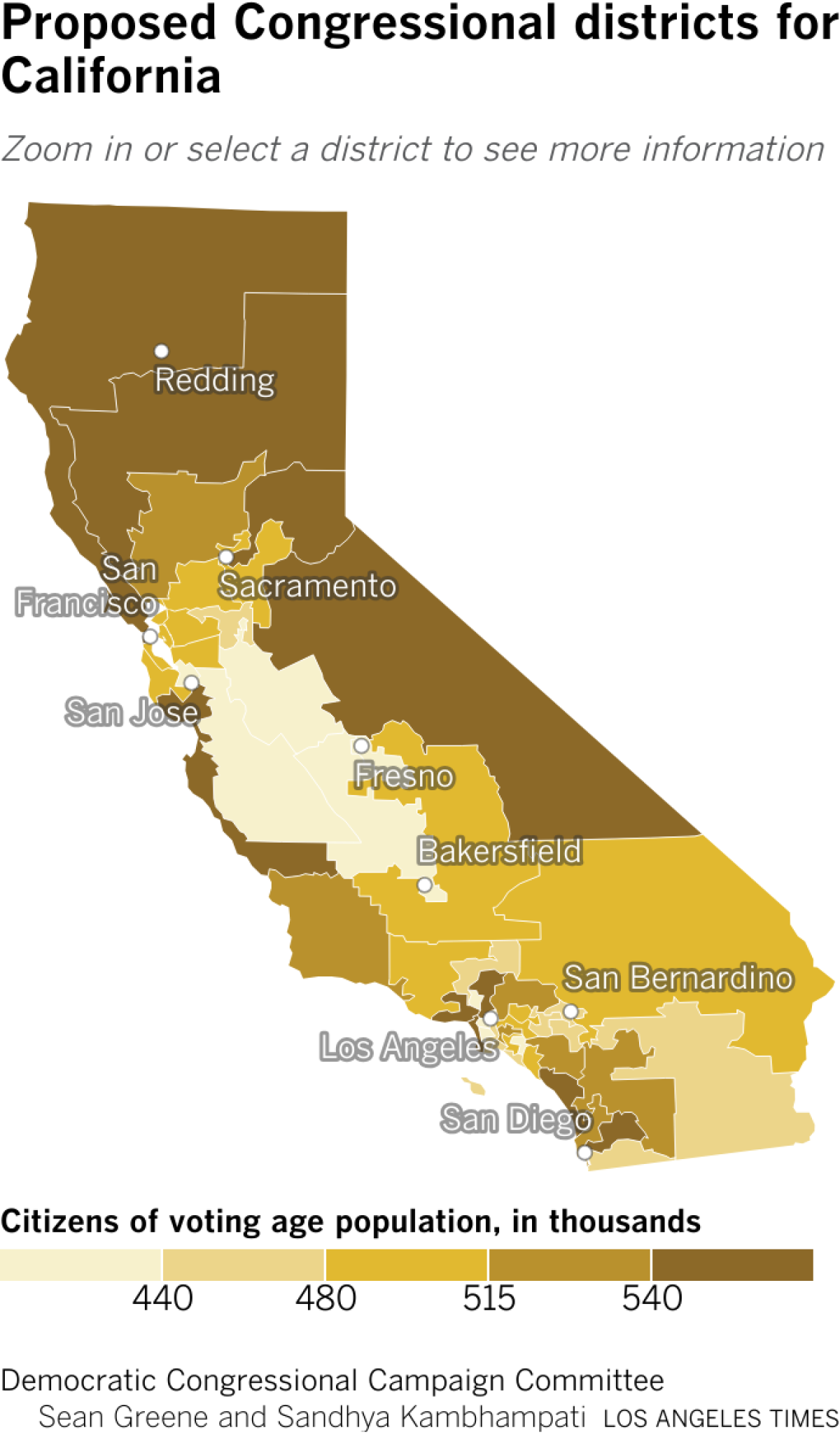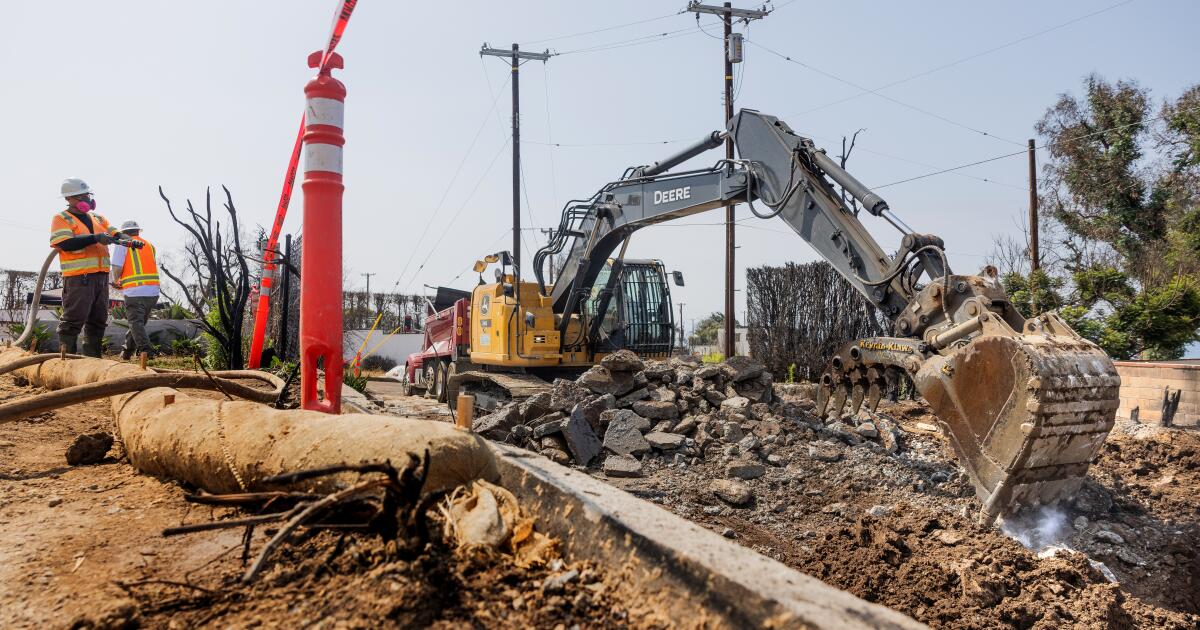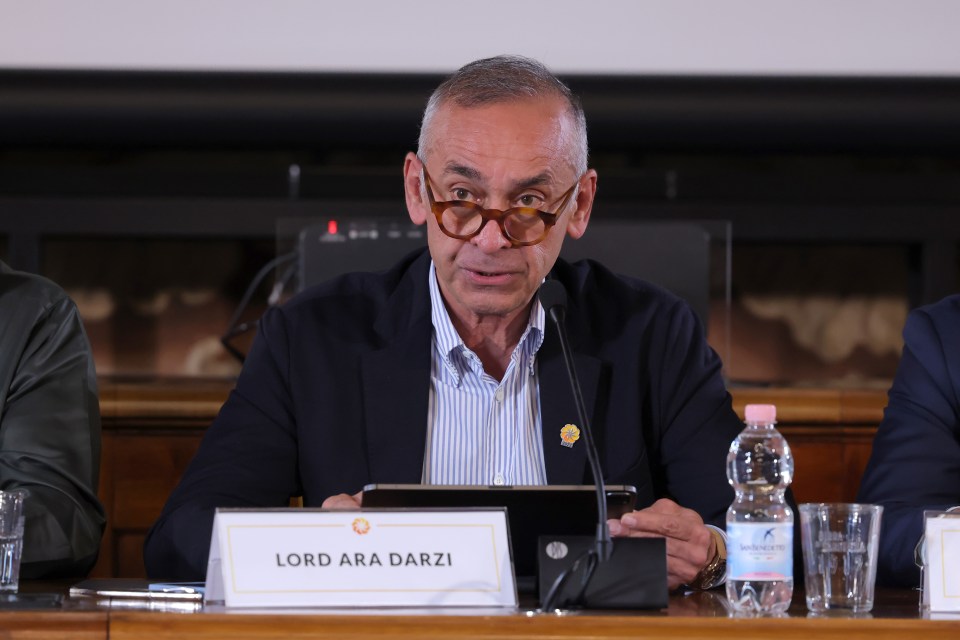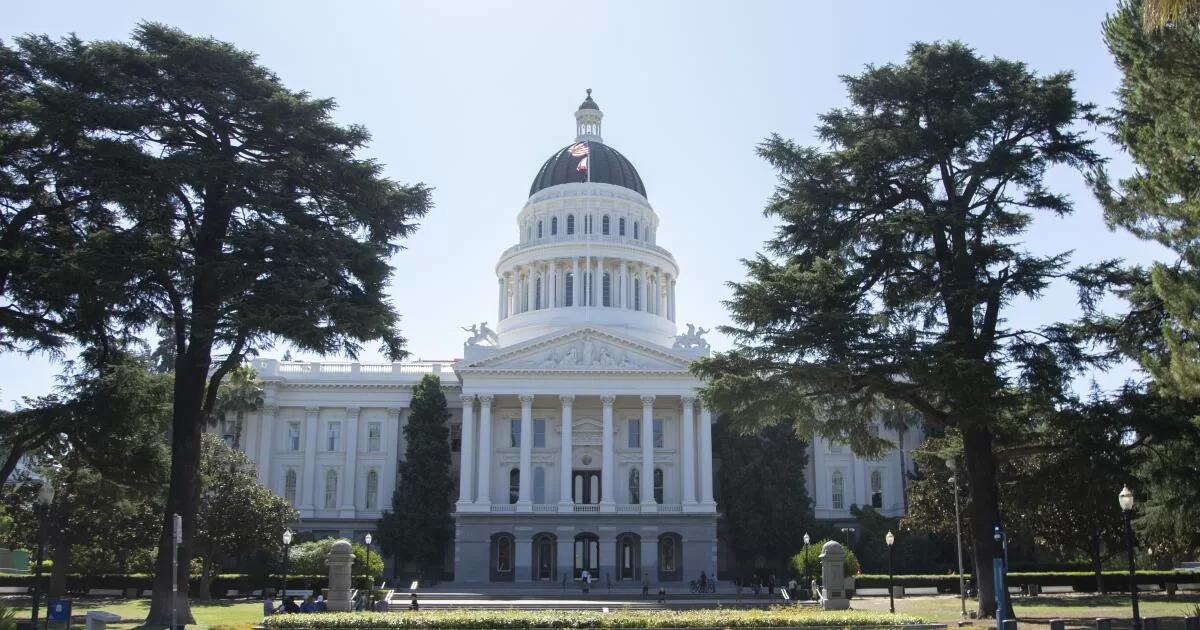Trump, Epstein files thwart swearing-in of Arizona lawmaker
Last month, in a special election, voters in southern Arizona chose Adelita Grijalva to succeed her late father in Congress.
The outcome in the solidly Democratic district was never in doubt. The final tally wasn’t remotely close.
Grijalva, a Tucson native and former Pima County supervisor, crushed her Republican opponent, 69% to 29%.
The people spoke, loudly and emphatically, and normally that would have been that. Grijalva would have assumed office by now, allowing her to serve her orphaned constituents by filling a House seat that’s been vacant since her father died in March, after representing portions of Arizona for more than 20 years.
But these are not normal times. These are times when everything, including the time of day and state of the weather, has become politically charged.
And so Grijalva is residing in limbo. Or, rather, at her campaign headquarters in Tucson, since she’s been locked out of her congressional office on Capitol Hill — the one her father used, which now has her name on a plaque outside. She’s been denied entry by Speaker Mike Johnson.
“It’s pretty horrible,” Grijalva said in an interview, “because regardless of whether I have an official office or not, constituents elected me and people are reaching out to me through every social media outlet.
“‘I have a question,’” they tell Grijalva, or “‘I’m afraid I’m going to get fired’ or ‘We need some sort of assistance.’”
All she can do is refer them to Arizona’s two U.S. senators.
House members are scattered across the country during the partial government shutdown and Johnson said he can’t possibly administer the oath of office to Grijalva during a pro forma session, a time when normal business — legislative debate, roll call votes — is not being conducted. “We have to have everybody here,” Johnson said, “and we’ll swear her in.”
But, lo, dear reader, are you sitting down?
It turns out there were two Republican lawmakers elected this year in special elections, each, as it happens from Florida. Both were sworn in the very next day … during pro forma sessions!
Shocked? Don’t be. In the Trump era, rules and standards are applied in flagrantly different ways, depending on which political party is involved.
But partisanship aside, what possible reason would Johnson have to stall Grijalva’s swearing-in? Here’s a clue: It involves a convicted sex trafficker and former buddy of President Trump, whose foul odor trails him like the reeking carcass of a beached whale.
Yes, it’s the late Jeffrey Epstein!
“On my very first day in Congress, I’ll sign the bipartisan discharge petition to force a vote on releasing the Epstein files,” Grijalva said on the eve of her landslide election. “This is as much about fulfilling Congress’ duty as a constitutional check on this administration as it is about demanding justice for survivors.”
Jeffrey Epstein. Gone but very much unforgotten.
For years, his perversions have been an obsession among those, mainly on the right, who believe a “deep state” cover-up has protected the rich and powerful who partnered with women procured by Epstein. After Trump’s marionette attorney general, Pam Bondi, suggested a client list was sitting on her desk, awaiting release, the Justice Department abruptly reversed course.
There was no such list, it announced, and Epstein definitely committed suicide and wasn’t, as the conspiracy-minded suggest, murdered by those wishing to silence him.
Trump, who palled around with Epstein, urged everyone to move along. Naturally, Johnson fell into immediate lockstep. (Bondi, for her part, tap-danced through a contentious Senate hearing last week, repeatedly sidestepping questions about the Epstein-Trump relationship, including whether photos exist of the president alongside “half-naked young women.”)
Kentucky Rep. Thomas Massie, a GOP lawmaker and persistent Trump irritant, and Democratic California Rep. Ro Khanna have led the bipartisan effort to force the Justice Department to cough up the government’s unclassified records related to Epstein and Ghislaine Maxwell, his former girlfriend and fellow sex trafficker.
The discharge petition, overriding the objections of Trump and Johnson and forcing the House to vote on release of the files, needs at least 218 signatures, which constitutes a majority of the 435 members. The petition has been stalled for weeks, just one signature shy of ratification.
Enter Grijalva.
Or not.
Johnson, who may be simply delaying an inevitable House vote to curry Trump’s favor, insists the Epstein matter has “nothing to do with” his refusal to seat Grivalja.
Righto.
And planets don’t revolve around the sun, hot air doesn’t rise and gravity doesn’t bring falling leaves to Earth.
More than 200 Democratic House members have affixed their signatures to the petition, along with four Republicans — Massie and Reps. Lauren Boebert, Nancy Mace and Marjorie Taylor Greene. The latter three are all MAGA stalwarts who have bravely broken ranks with Trump to stand up for truth and the victims of Epstein’s ravages.
“Aren’t we all against convicted pedophiles and anyone who enables them?” Greene asked in an interview with Axios.
Most are, one would assume. But apparently not everybody.








